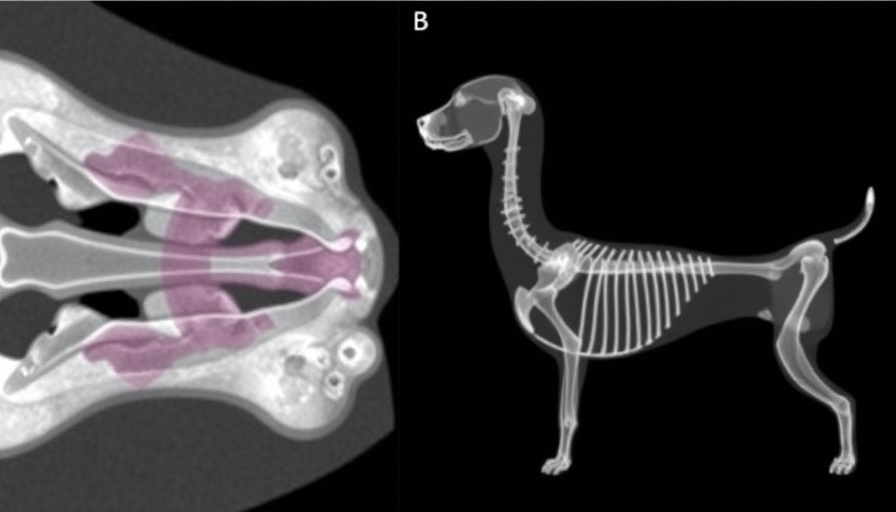
Understanding the Breakthrough in Bone Graft Technology for Dental Implants
The landscape of dental restoration has significantly evolved over the years, especially in techniques that enhance bone regeneration for dental implants. A recent study focused on comparing two types of collagenated xenogenic bone grafts demonstrates a promising future for individuals seeking dental solutions. By utilizing beagle models, researchers assessed the effectiveness of OCS-B Collagen® and Bio-Oss® Collagen in artificial bone defects, providing a glimpse into the potential benefits for dental patients.
What Are Xenogenic Bone Grafts?
Xenogenic bone grafts, derived from animals, provide an alternative for patients who lack sufficient bone density due to various medical conditions or previous dental issues. One of the most common materials used is deproteinized bovine bone mineral (DBBM), known for its osteoconductive properties. These grafts can support the growth of new bone tissue by acting as a scaffold during the healing process.
The Study: Methodology and Findings
The study in question evaluated the osteogenic capacity of the two graft types following the extraction of mandibular premolars from beagles. Researchers noted improvements in several key areas, such as bone mineral density and bone-to-implant contact. Both grafts demonstrated similar efficacy, suggesting that patients may not need to choose one over the other based on performance. Instead, their decision might hinge on cost or availability.
Importance of Guided Bone Regeneration
Guided bone regeneration (GBR) is instrumental in achieving successful dental implants, especially in cases with significant bone loss. The extracted materials, like collagen-coated grafts, play a pivotal role in this process by not only filling defects but also promoting the body’s natural healing. Such advancements indicate a shift toward more predictable outcomes in implant success rates.
Clinical Implications and Trends in Dental Health
For those approaching retirement or already within that phase, maintaining dental health becomes increasingly important. The success of dental implants can significantly impact quality of life, influencing both dietary choices and self-esteem. With studies like these advancing our understanding of grafts, older adults can look forward to improved therapeutic options, potentially leading to better long-term dental health.
Takeaway: Making Informed Decisions About Your Dental Health
In conclusion, advancements such as those showcased in this study empower patients with knowledge. As dental techniques continue to evolve, understanding the options available ensures that individuals can make informed decisions regarding their care. It's essential to consult with a dental professional to explore personalized treatment plans that consider unique health needs.
Stay proactive about your dental health and consult with your dentist about the latest developments in implant technology and osteogenic enhancements.
 Add Row
Add Row  Add
Add 




Write A Comment